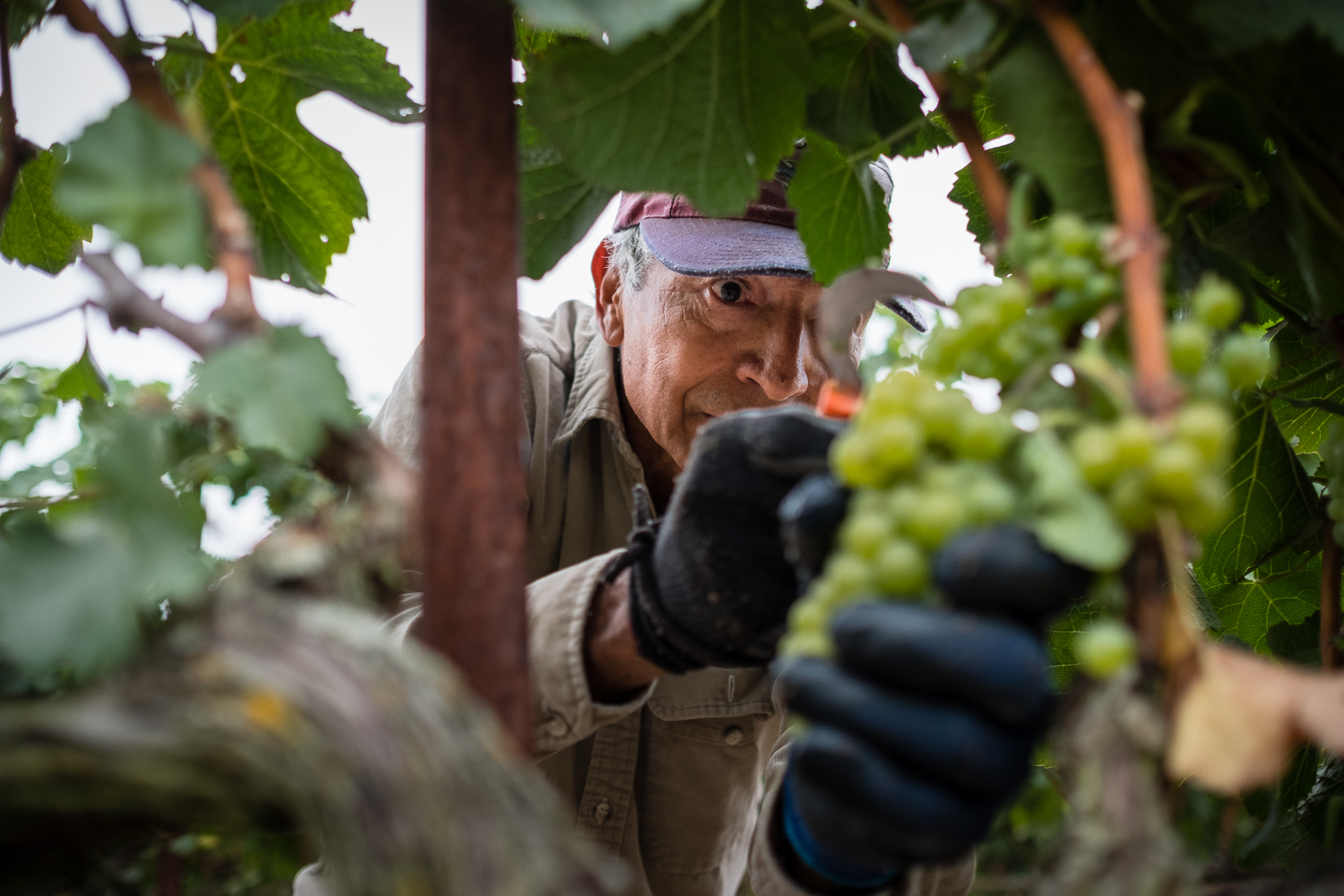Film Festival Uses Meduim to Champion the Underdog
By Walter Ryce, Monterey County Weekly, March 28, 2019
The theme for this year’s Watsonville Film Festival is “Stories Matter.” That’s been true of the festival every year, and it’s true of this year’s festival from start to finish.
The opening film, 6:30pm Thursday March 28, is Singing Our Way to Freedom, a documentary about Ramon “Chunky” Sanchez, the Chicano Movement and immigration rights activist/musician (he was a favorite of Cesar Chavez) who used his songs to inform and activate people. It looks to be an examination of how music can power political movements, the way that Amandla! shined a light on the freedom songs in the fight against apartheid.
Before the film, there is live music by Noe Yacoatl from El Teatro Campesino; after the film, director Paul Espinosa will do a Q&A.
And that is a microcosm of the festival’s greater methodology. There are more than 20 films over four days, many accompanied by filmmaker talks, some by live music. The films can be international in scope, but they usually contain some components that live closer to home.
Like the short sci-fi film Service with a Smile. It was directed by Andres Mercado of Watsonville’s Digitial Nest (where four free talks with filmmakers will take place), and is about an undocumented waitress who is replaced by a service android. It’s being shown 6pm Friday in a block of short films that include many entries by filmmakers from CSU Monterey Bay, and as far away as Los Angeles, Mexico and London.
One film that’s gotten a push from festival awards is Collisions, a feature film about a 12-year-old girl and her little brother who enlist their distant uncle to help locate their mother who was arrested by ICE. It’s screening 1pm Sunday, March 31, with producer Vincent Cortez coming for a discussion.
The festival closes 3:30pm Sunday with Harvest Season, and it’s a worthy closer to a festival that proclaims the theme “Stories Matter.”
It follows one year in the lives of two Mexican-American wine-producing families in Napa Valley, and the workers who come from Mexico to harvest their grapes. It opens on a night in which winemaker Vanessa Robledo is working alongside migrant farm workers under tripod work lights and talking rhapsodically about her relationship to grapes, while moody ethereal music gives the scene a meditative atmosphere.
Her great-grandfather was a farmer in Mexico, and later generations came to the States as bracero workers. She is the fourth generation working in wine, and has ascended on the drive of proving herself as a woman. Her operation started from producing 200 cases to 10,000 cases.
“Failure was never an option,” she says.
The film finds its way to Gustavo Brambila, a veteran among a handful of Latino winemakers in the Napa Valley. He recalls that his father, who also made wine, would work and work, and Bramblia would bring him his dinner in the field. He seems to love the puzzle – pruning, tannins, alcohol levels, flavors – of making wine. He uses sophisticated equipment, but tastes grapes with quiet concentration in his eyes.
He also hasn’t been back to Mexico in many years to see his relatives, perceiving that he is not fully accepted by them.
Maybe the most revelatory story is of the third protagonist, Rene Reyes, who comes to work a vineyard on a guest worker visa. His face is weathered, his beard scraggly, his manner low-key, but he works like a machine as he clips vines and grapes. And he, too, is driven.
The camera follows discreetly as he seeks housing at a hospitable farmworker housing complex, as he makes understated but emotional phone calls home, as he wires money to his wife and two daughters. He has a conversation with another farmworker, outside of the mess hall at dusk, about work and family.
“This year almost no one got time off,” the man says. “The bosses have been really working us hard.”
“That’s good,” says Reyes. “So that the family can be better off back in Mexico.”
And when he says it, you can see that he’s seeing his family in his mind. It will be five months before Reyes goes back to see them. That other man, however, hasn’t been back to Mexico for seven years. It’s too hazardous. With cartels controlling the borders, dangerous coyotes forcing migrants to transport drugs, and stricter immigration laws, getting back to the States is not assured.
Both the stories of the winemakers and the wine workers together form a more complete picture of the process by which the stuff we imbibe is made. It’s a beautiful film, but its best storytelling virtue may be that it retains some of the grime and realism of its subject: work.

